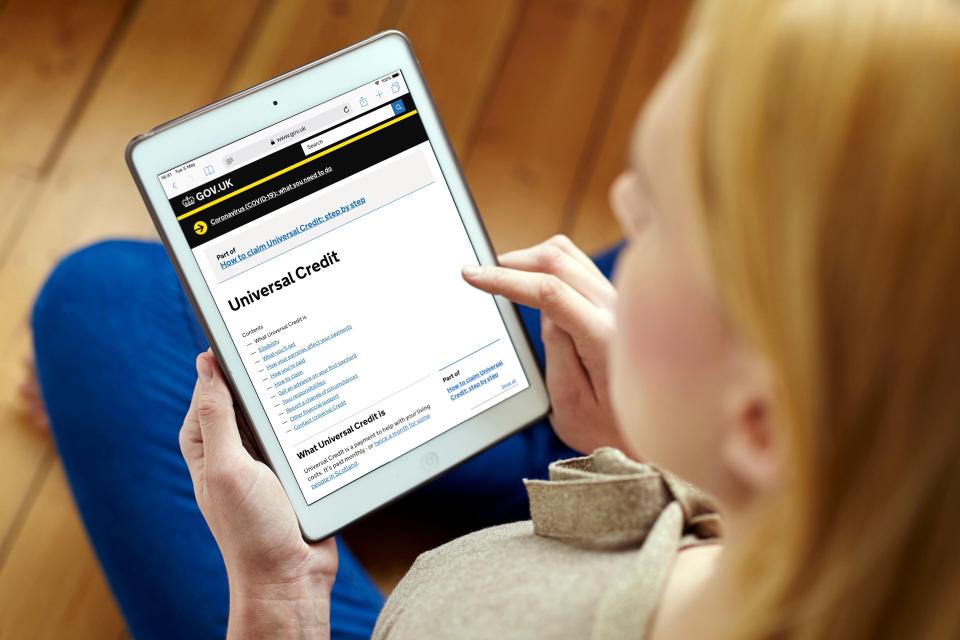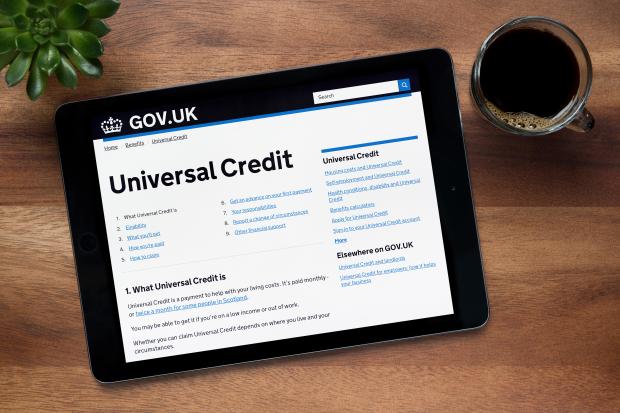Thousands of hard-up households eligible for free cash worth £100 to cover cost of living
THOUSANDS of struggling households are eligible for free cash worth £100 to cover the cost of living.
The help comes via the Household Support Fund, a £742million pot of money that has been shared between English councils.
Local authorities then have to decide how to distribute their share of the fund before March 31, 2026.
Hartlepool Borough Council has been given £1.75million to share between hard-up households.
The local authority is giving £40,000 to Hartlepool Food Bank to distribute food parcels across the borough and £90,000 to Citizens Advice to help residents struggling with their energy bills.
But, it is also distributing £100 food vouchers to all children eligible for free school meals aged between two and 19.
Meanwhile, £100 bank payments or food vouchers will be shared between pensioners on council tax support.
Details on how either of the £100 payments will be distributed are yet to be revealed.
However, if you meet the criteria, you will likely be contacted by Hartlepool Council about when to expect them or any next steps.
We have also contacted Hartlepool Council to find out when families with children on free school meals and eligible pensioners will receive the payments and will update this story when we have heard back.
Councillor Brenda Harrison, leader of Hartlepool Borough Council, said: “We know that a lot of households across the borough are struggling financially, and we hope that these measures will help to bring them some much-needed relief and ease the pressure they are currently under.
“This demonstrates the Council’s on-going commitment and determination to tackle financial hardship and to improve the lives of Hartlepool residents.”
Can I get help if I live outside Hartlepool?
Put simply, yes. However, it will depend on your circumstances and where you live.
The Household Support Fund was set up to help households cover essentials such as energy or water bills and food costs.
But, each council can set its own eligibility criteria meaning whether you qualify for help is a postcode lottery.
That said, funding is aimed at anyone who’s vulnerable or struggling to pay for essentials.
So, if you are financially hard-up or on benefits, it is likely you will be able to get help.
It’s worth bearing in mind, any help you receive via the Household Support Fund won’t affect your benefit payments.
The type of help on offer varies from supermarket vouchers to direct cash payments into your bank account.
Some councils are allocating their share of the fund to community groups and charities who you have to get in touch with.
Household Support Fund explained
Sun Savers Editor Lana Clements explains what you need to know about the Household Support Fund.
If you’re battling to afford energy and water bills, food or other essential items and services, the Household Support Fund can act as a vital lifeline.
The financial support is a little-known way for struggling families to get extra help with the cost of living.
Every council in England has been given a share of £742million cash by the government to distribute to local low income households.
Each local authority chooses how to pass on the support. Some offer vouchers whereas others give direct cash payments.
In many instances, the value of support is worth hundreds of pounds to individual families.
Just as the support varies between councils, so does the criteria for qualifying.
Many councils offer the help to households on selected benefits or they may base help on the level of household income.
The key is to get in touch with your local authority to see exactly what support is on offer.
The current round runs until the end of March 2026.
If you’re on benefits, have limited savings, or are struggling to cover food and energy bills, it’s worth seeing if you’re eligible for help.
Contact your local council and see if you have to apply or whether support is being distributed automatically.
You can find what council area you fall under by using the government’s council locator tool – www.gov.uk/find-local-council.
Other help if you’re on a low income
It’s not just the Household Support Fund you can lean on if you’re struggling to cover the cost of essentials like energy bills or food.
You might be able to get free money covering the cost of food if you’re on benefits through the Healthy Start scheme.
The scheme is open to pregnant women and families with young children on low incomes.
You get a prepaid card which you top up and can use to buy healthy foods for your kids at the supermarket.
You can get £8.50 per week for newborns up to one-year-olds – worth £442 a year. Find out more via healthystart.nhs.uk.
Meanwhile, several energy firms offer grants to households who are struggling to pay their energy bills worth up to £2,000.
This includes British Gas, Octopus Energy and EDF.
It’s also worth checking if you’re eligible for benefits if you haven’t already – billions of pounds worth is going unclaimed, according to Policy in Practice.
You can use one of the below calculators to find out if you could be eligible for help:
Do you have a money problem that needs sorting? Get in touch by emailing [email protected].
Plus, you can join our Sun Money Chats and Tips Facebook group to share your tips and stories







